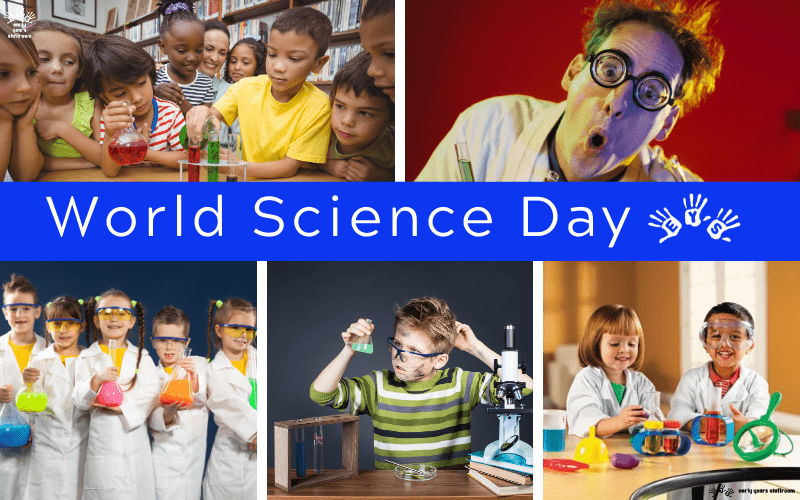

World Science Day, also known as World Science Day for Peace and Development, is an annual event celebrated on November 10th. The day aims to highlight the importance of science in society and to promote public engagement in scientific issues. In early years settings, World Science Day can be an excellent opportunity to introduce young children to the wonders of science and spark their curiosity about the world around them.
STEM challenges: Organise age-appropriate STEM (Science, Technology, Engineering, and Mathematics) challenges, such as building structures with blocks or creating simple machines. These challenges help children develop problem-solving and critical thinking skills.
Encouraging curiosity and exploration: World Science Day can serve as a reminder to nurture children’s innate curiosity by providing them with opportunities to ask questions, explore, and discover new things.
Sensory play: Set up sensory play stations that encourage children to explore different materials and substances, such as sand, water, or slime. These activities help children develop their sensory and fine motor skills while learning about the properties of various materials.
By celebrating World Science Day in your early years settings, educators can spark children’s curiosity, develop their understanding of the world around them, and lay the foundation for a lifelong interest in science and learning.